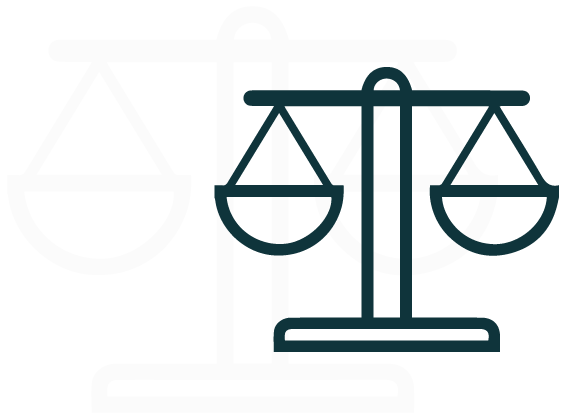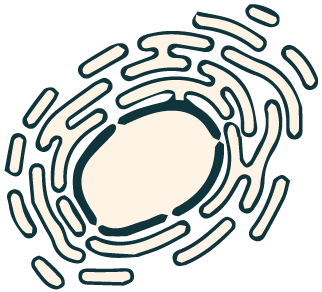This website uses cookies to ensure you get the best experience on our website.
- Table of Contents
Facts about Protein kinase C zeta type.

Required for insulin-dependent activation of AKT3, but may function as an adapter as opposed to a direct activator. Upon insulin treatment may function as a downstream effector of PI3K and contribute to the activation of translocation of the glucose transporter SLC2A4/GLUT4 and subsequent glucose transport in adipocytes.
| Human | |
|---|---|
| Gene Name: | PRKCZ |
| Uniprot: | Q05513 |
| Entrez: | 5590 |

| Belongs to: |
|---|
| protein kinase superfamily |

EC 2.7.11; EC 2.7.11.13; nPKC-zeta; PKC zeta; PKC2; PKC2PKC-ZETA; PRKCZ; protein kinase C zeta type; protein kinase C, zeta
Mass (kDA):
67.66 kDA

| Human | |
|---|---|
| Location: | 1p36.33 |
| Sequence: | 1; NC_000001.11 (2050411..2185399) |
Expressed in brain, and to a lesser extent in lung, kidney and testis.
Cytoplasm. Endosome. Cell junction. Membrane; Peripheral membrane protein. In the retina, localizes in the terminals of the rod bipolar cells (By similarity). Associates with endosomes (PubMed:9566925). Presence of KRIT1, CDH5 and RAP1B is required for its localization to the cell junction (PubMed:7597083). Colocalizes with VAMP2 and WDFY2 in intracellular vesicles (PubMed:17313651). Transiently translocates to the membrane of CA1 hippocampal cells in response to the induction of long term potentiation (By similarity).; [Isoform 2]: Cytoplasm.





PMID: 8224878 by Barbee J.L., et al. The cDNA sequence encoding human protein kinase C-zeta.
PMID: 8375396 by Kochs G., et al. Activation and substrate specificity of the human protein kinase C alpha and zeta isoenzymes.